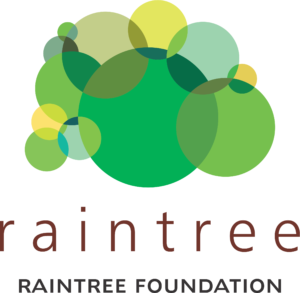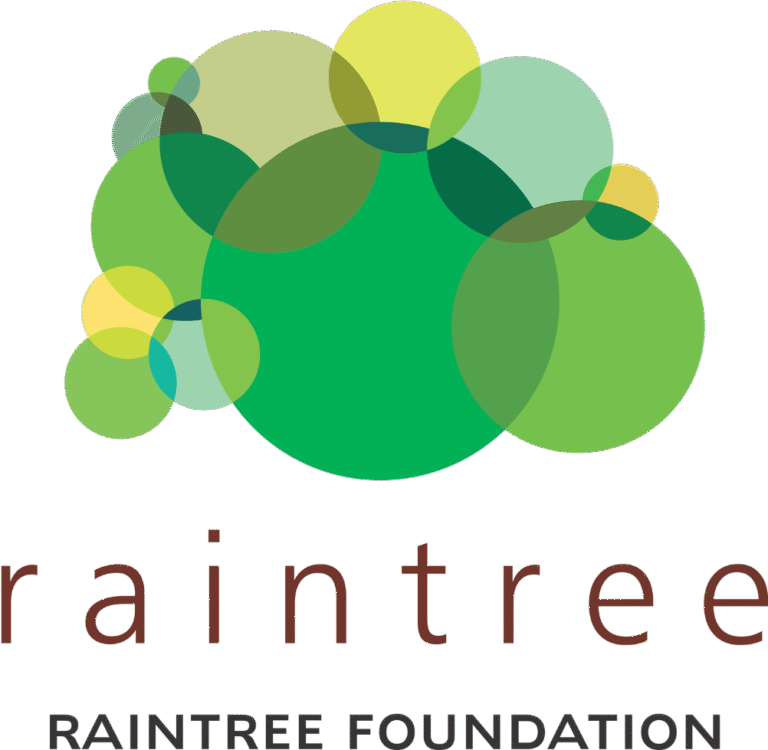Knowledge Centre
January 2025
Dr. Mahesh Patankar on Sustainable Energy Transitions
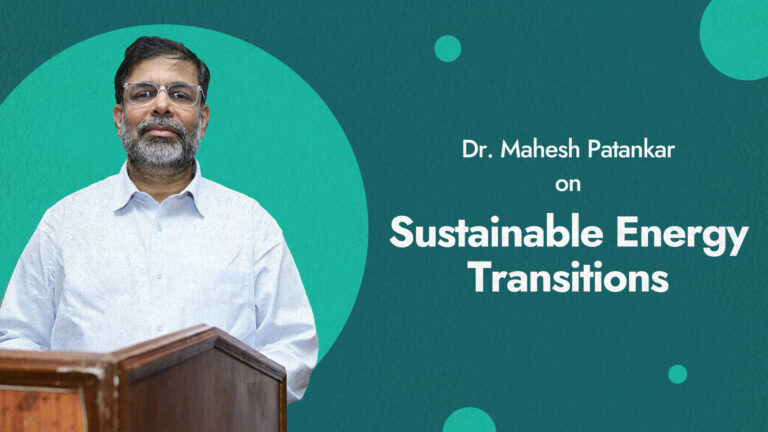
In this edition of the Raintree Foundation Newsletter, we bring you an insightful conversation with Dr. Mahesh Patankar, Founder and Managing Director of MP Ensystems Advisory Pvt Ltd.
Dr. Mahesh Patankar brings over 32 years of experience in energy and environmental projects, spanning diverse sectors including energy, water, transport, rural development, and business innovations. He has worked with esteemed global organizations like The World Bank, USAID, USDoE, and ADB across 25+ emerging and developed economies. Holding a PhD from IIT Bombay, a Master’s in Financial Management from Mumbai University, and a Bachelor’s in Chemical Engineering from Shivaji University, Dr. Patankar leads MP Ensystems in driving sustainable energy transitions in India.
MP Ensystems works across clean energy, climate finance, and policy. What sets your approach apart in driving sustainable energy transitions in India?
At MP Ensystems, we take a multi-disciplinary approach, integrating mobility, energy, food, water, circular economy, and climate finance. Our thesis-driven methodology focuses on developing roadmaps, policy documents, regulations, decision-making models, and knowledge products for governments at national, state, and city levels.
A key differentiator is our emphasis on implementation—bridging the gap between policy formulation and on-ground execution. We actively work with communities, large corporates, and not-for-profit organizations to bring technological innovations, financial prudence, and business models into our engagements. Our transformative efforts ensure that policies are translated into actionable, scalable solutions.
What are the biggest challenges and opportunities in scaling solar-powered solutions for agriculture, water management, and rural livelihoods?
India holds immense potential for scaling solar-powered solutions in these sectors. The country’s ‘Panchamrut’ commitment to achieving 500 GW of renewable energy capacity presents a strong policy push. However, translating this policy into real economic impact is crucial.
One key opportunity lies in addressing post-harvest losses, which amount to INR 1.5 lakh crores annually due to inadequate cold storage and processing facilities. Deploying solar-powered cold storages and solar dryers can significantly reduce losses and add value to agricultural produce.
While the technology exists, financing remains a challenge. Patient capital investments in post-harvest processing, combined with market access for farmers, can drive change. At MP Ensystems, we are working to create coalitions of technologists and financing institutions to leverage catalytic and blended finance models, enabling sustainable rural transformations.
How can green finance be leveraged to make clean energy solutions more accessible, especially for small businesses and underserved communities?
Green finance is evolving globally to support clean energy adoption. In India, public finance institutions, commercial banks, and CSR initiatives are working towards this goal. However, to build investor confidence, it is crucial to track and evaluate the benefits created by these investments.
Social Stock Exchanges, Social Impact Bonds and Climate Impact Bonds offer transparency and accountability, making them valuable tools for financing clean energy solutions. Additionally, philanthropic funds should shift from grant-based models to sustainable business models, blending grants with returnable capital at zero coupon rates.
At MP Ensystems, we focus on deploying clean technologies in mobility, post-harvest processing, and renewable energy applications, demonstrating the practical impact of green finance.
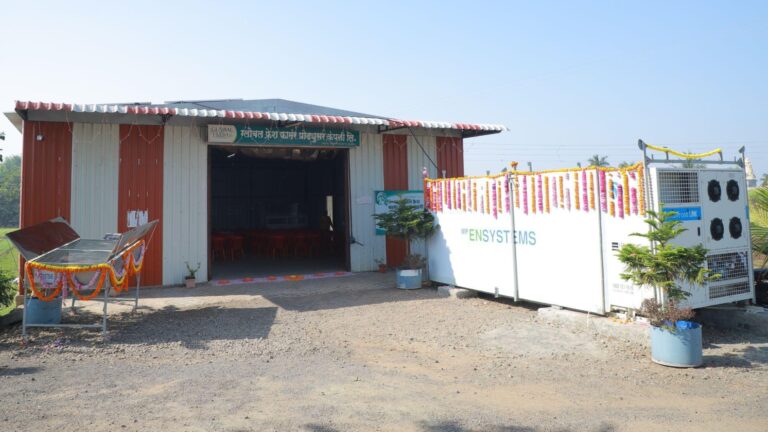
In ecologically sensitive regions like the Western Ghats, how can integrated solar energy solutions contribute to climate resilience and local economic growth?
The Western Ghats, with its high solar radiation levels, presents a significant opportunity for solar PV rooftop projects, which can meet both domestic and commercial energy demands with minimal ecological impact.
Technologies like solar water pumps, solar-powered cold storages, and solar dryers can help farmers reduce crop wastage and create value-added products, enhancing local economies.
MP Ensystems has implemented solar cold storage and drying solutions in Maharashtra and Goa, enabling farmer-producer organizations to process and sell dried fruits and vegetables. Our recent collaboration with Raintree Foundation—solarizing 10 water ATMs in Velhe, Pune—ensures reliable access to clean drinking water, showcasing how renewable energy can drive both climate resilience and economic empowerment.
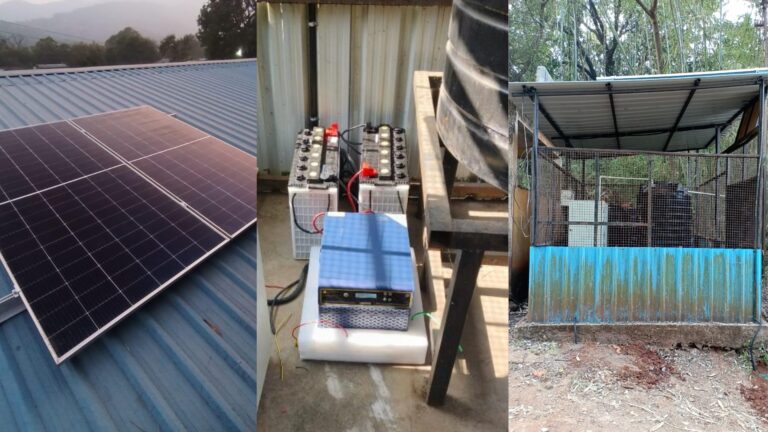
How can organizations like Raintree Foundation and MP Ensystems collaborate to build community awareness and capacity for long-term solar energy adoption?
Partnerships focused on impact-driven implementation are key to accelerating clean energy adoption. Raintree Foundation’s commitment to long-term, patient investments in on-ground technology deployment makes it an ideal collaborator for MP Ensystems.
By combining Raintree’s community-centric approach with our technical expertise, we can scale innovative renewable energy solutions that benefit local enterprises and communities alike. Strengthening local capacities and creating sustainable business models will ensure lasting impact and widespread adoption of solar energy solutions.
Through our collaborative efforts, we can bridge the gap between policy and implementation, ensuring that clean energy solutions become accessible, scalable and transformative for communities across India. We look forward to continued partnerships in advancing climate resilience and sustainable development.
To subscribe to our Newsletter
